

Why KYC & AML for Remittance?
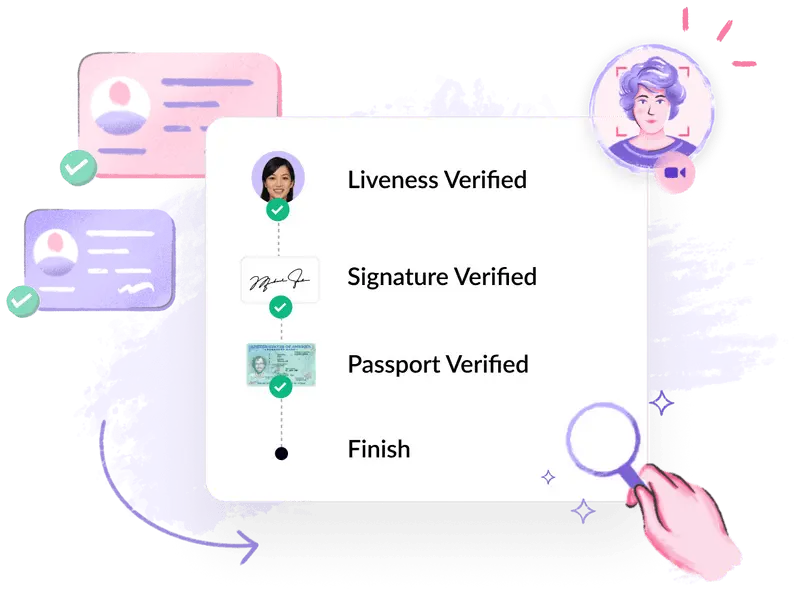
Ensuring the integrity of transactions.
KYC and AML procedures help ensure the accuracy .
Security of customer information and transactions.

Maintaining reputation and integrity.
An effective KYC and AML procedures can help you establish trust
Easy credibility maintains with regulators and customers.

Improve operational efficiency.
Streamlining KYC and AML processes can improve operational efficiency.
We can reduce manual effort and errors upto 90%.
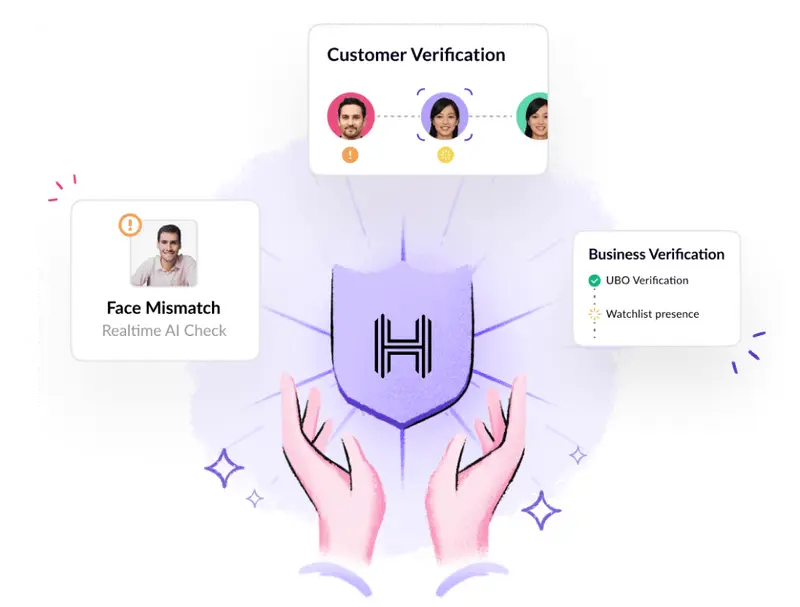
Protection from fraud and illegal activities
Protect your business and your customers from fraud and other illegal activities.
Easy credibility maintains with regulators and customers.
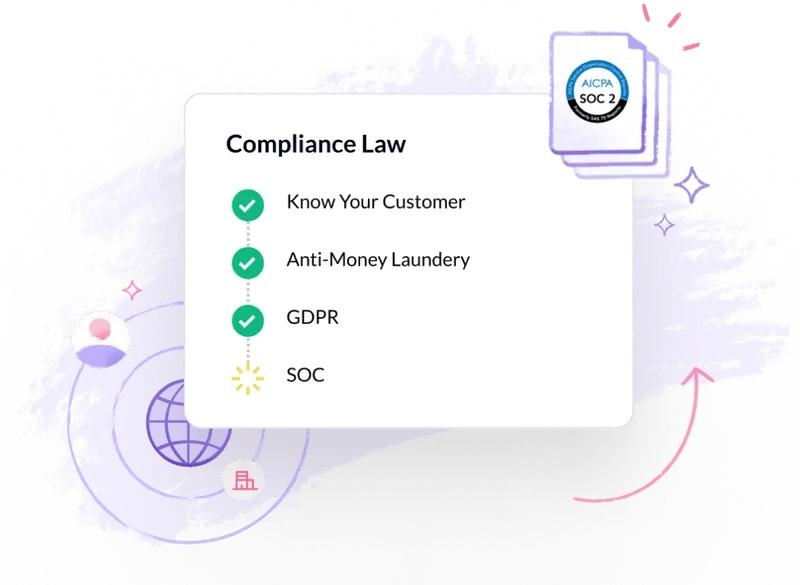
Compliance with laws and regulations
Follow KYC and AML procedures to comply with legal requirements and avoid penalties.
We can reduce manual effort and errors upto 90%.
How we stand out?
Transform your business. Our solutions help businesses save time and resources, with an average processing time of less than 5 seconds.
Customers love HyperVerge!
How we supercharge businesses across Remittance industries
Reduce drop-offs at the top of the funnel while providing the most seamless experience
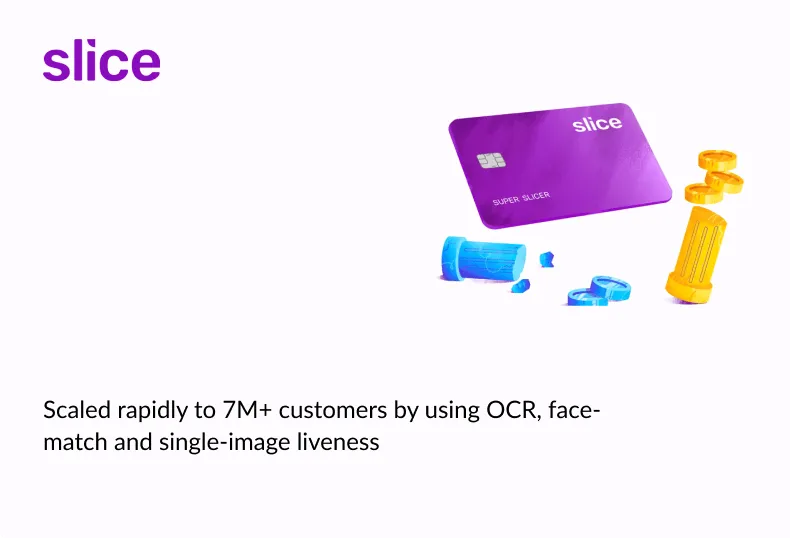

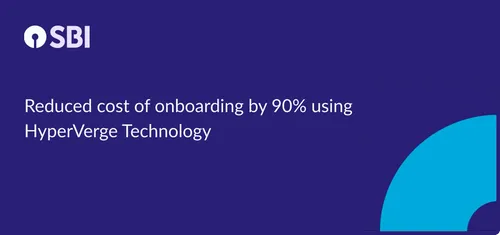


Frequently asked questions.
Frequently
asked Questions
What are the specific regulations and compliance requirements for KYC and AML in the remittance industry?
What are the potential risks and challenges of implementing KYC and AML solutions in the remittance industry?
What are the best practices for implementing KYC and AML solutions in the remittance industry?
Latest Blogs
The latest news, updates and more about KYC industries & related market resources from our team.






















